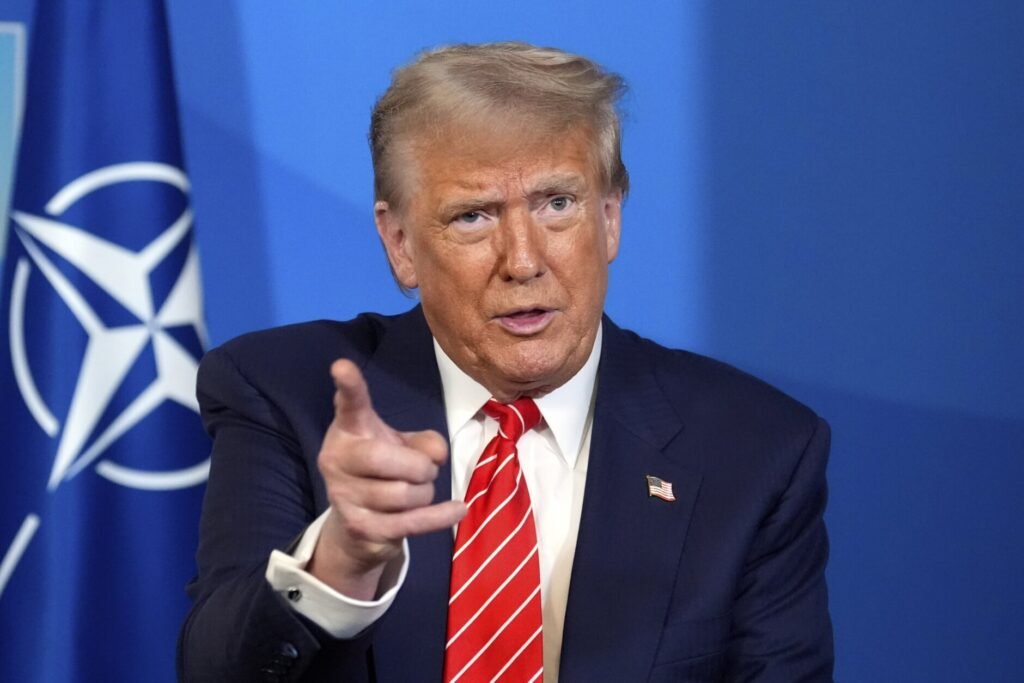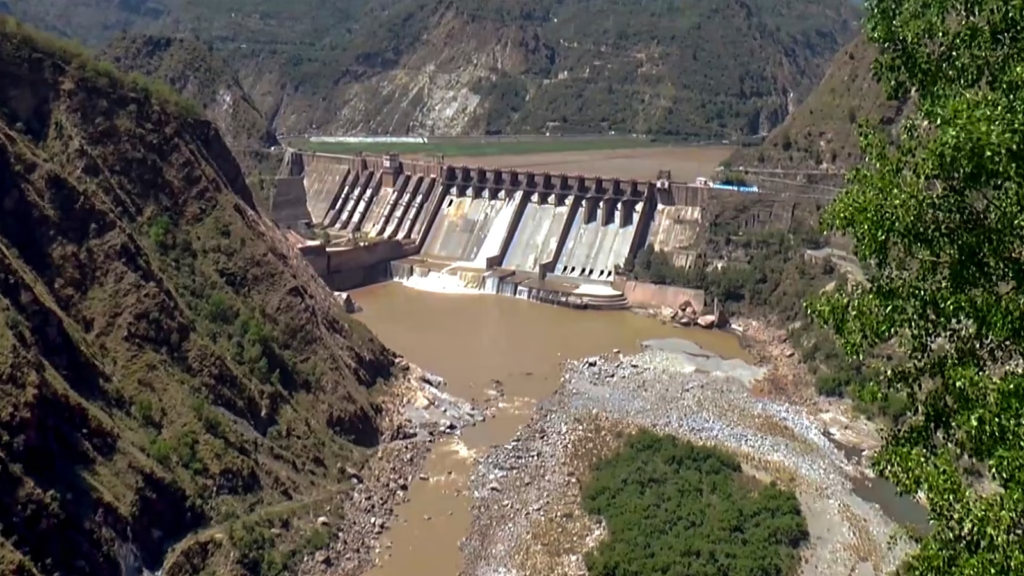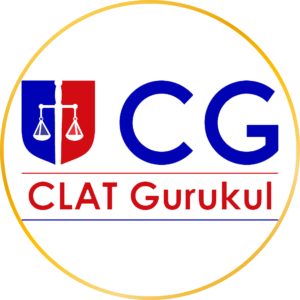Trump Casts Doubt on NATO’s Mutual Defence Clause Ahead of Summit

Trump Casts Doubt on NATO’s Mutual Defence Clause Ahead of Summit
Why in News?
Former U.S. President Donald Trump stirred international attention by questioning America’s commitment to NATO’s mutual defence clause (Article 5) just before a NATO summit in the Netherlands on June 24, 2025. His ambiguous stance raised concerns among European allies, especially amid ongoing tensions with Russia and the war in Ukraine.
For aspirants preparing with the best online coaching for CLAT, this event connects critical elements of international relations, global security alliances, defense treaties, and geopolitical strategic positioning, all of which are relevant under CLAT Current Affairs 2026.
Introduction
The North Atlantic Treaty Organization (NATO) is a 31-member military alliance formed in 1949 to provide collective security against external threats. Its cornerstone is Article 5, which mandates that an attack against one member is considered an attack against all.
In recent years, especially under Donald Trump’s leadership, U.S. support for NATO has become increasingly conditional and transactional, undermining traditional commitments. With Russia’s aggression in Ukraine still ongoing, Trump’s statements are of global significance, hinting at a potential weakening of Western unity.
Point-Wise Summary of the Article
- Trump’s Controversial Statement
- Trump, en route to a two-day NATO summit in the Netherlands, made a statement casting doubt on the U.S.’s commitment to NATO’s collective defence clause (Article 5).
- He remarked there were “numerous definitions” to the mutual defence understanding, implying possible reinterpretation or conditionality.
- Strategic Timing
- The statement came just before a NATO meeting intended to reaffirm unity against Russian aggression.
- It sent mixed signals at a time when NATO wanted to show solidarity in support of Ukraine and European stability.
- Response to Russian Threat
- The summit aims to signal to Russian President Vladimir Putin that NATO remains strong and coordinated despite Trump’s critical tone.
- Trump’s vagueness could, however, embolden adversaries like Russia by suggesting NATO may not act unanimously in case of future conflicts.
- Clarification on Air Force One
- When reporters asked for clarity on the U.S.’s Article 5 commitment, Trump responded:
“I’m committed to saving lives. I’m committed to life and safety. I’ll give you an exact definition when I get there.”
- The ambiguity caused alarm among NATO allies, especially smaller nations that depend on U.S. military support.
- NATO Article 5 – Brief Background
- Article 5 has been invoked only once – after the 9/11 attacks in 2001.
- It stands as a symbol of Western unity, especially against threats from Russia, terrorism, or cyber warfare.
- Zelenskyy’s Presence and Warning
- Ukrainian President Volodymyr Zelenskyy is attending the NATO summit and plans to:
- Request advanced Patriot missile defense systems.
- Urge more sanctions on Russia.
- Warn NATO members that Russia may attack them next if not defeated in Ukraine.
- China-Iran Oil Trade – Parallel Development
- Trump, via Truth Social, also commented that China can continue buying oil from Iran, despite U.S. opposition and the bombing of Iranian nuclear sites.
- He added that he hoped China would buy U.S. oil too, making the situation more complex geopolitically.
Explanation of Key Terms
Term | Explanation |
NATO | North Atlantic Treaty Organization; a political-military alliance for mutual defence. |
Article 5 | A clause in the NATO Charter; states that an attack on one is an attack on all. |
Mutual Defence Clause | The obligation that NATO members defend any ally that is attacked. |
Truth Social | A social media platform launched by Donald Trump for direct communication with his base. |
Patriot Missiles | Advanced air-defense system capable of intercepting incoming missiles and aircraft. |
OPEC | Organization of the Petroleum Exporting Countries, which includes Iran and controls major oil exports. |
International Law & CLAT Relevance
CLAT Legal Reasoning Insight:
- This incident brings focus to defence treaties, international cooperation, and the legal binding of such agreements.
- It allows students to explore:
- What constitutes treaty obligations under international law?
- Can political leaders reinterpret binding security clauses?
General Knowledge Relevance:
- For CLAT Current Affairs 2026, this serves as a perfect example of:
- Global defence alliances and India’s strategic choices.
- Changing global power structures with China and Russia’s increasing roles.
- The role of U.S. foreign policy in shaping global peace and security.
Implications of Trump’s Remarks
For NATO
- May trigger uncertainty among smaller European states (e.g., Baltic nations) vulnerable to Russian threats.
- Raises questions about U.S. reliability and future leadership in NATO.
For Russia
- Possibly interpreted as a weakening of NATO resolve, giving Russia a psychological advantage.
- Could embolden Putin’s future maneuvers, including pressure tactics on Moldova, Georgia, and Baltic states.
For India and Global South
- Reinforces the need for strategic autonomy and regional groupings like BRICS, QUAD, etc.
- Raises awareness about the fragility of Western alliances and global military dependencies.
Lessons for CLAT Aspirants
Learning Area | CLAT Relevance |
International Treaties | Understand how global defense agreements like NATO work legally. |
Strategic Diplomacy | Analyze how world leaders use statements to influence global geopolitics. |
Media and Politics | Note the role of social media (like Truth Social) in international policymaking. |
Legal Interpretation | Reflect on what ambiguous political language means in treaty interpretation. |
Conclusion
Trump’s remarks on NATO’s mutual defence clause have rekindled debates about the fragility of international alliances in a multipolar world. For CLAT 2026 aspirants, this episode is an ideal case to study the intersection of international law, diplomacy, defense policy, and strategic ambiguity.
Understanding the global impact of leadership narratives, especially during volatile times like the Ukraine war and Middle East tensions, will provide law students with a robust global outlook.








Responses